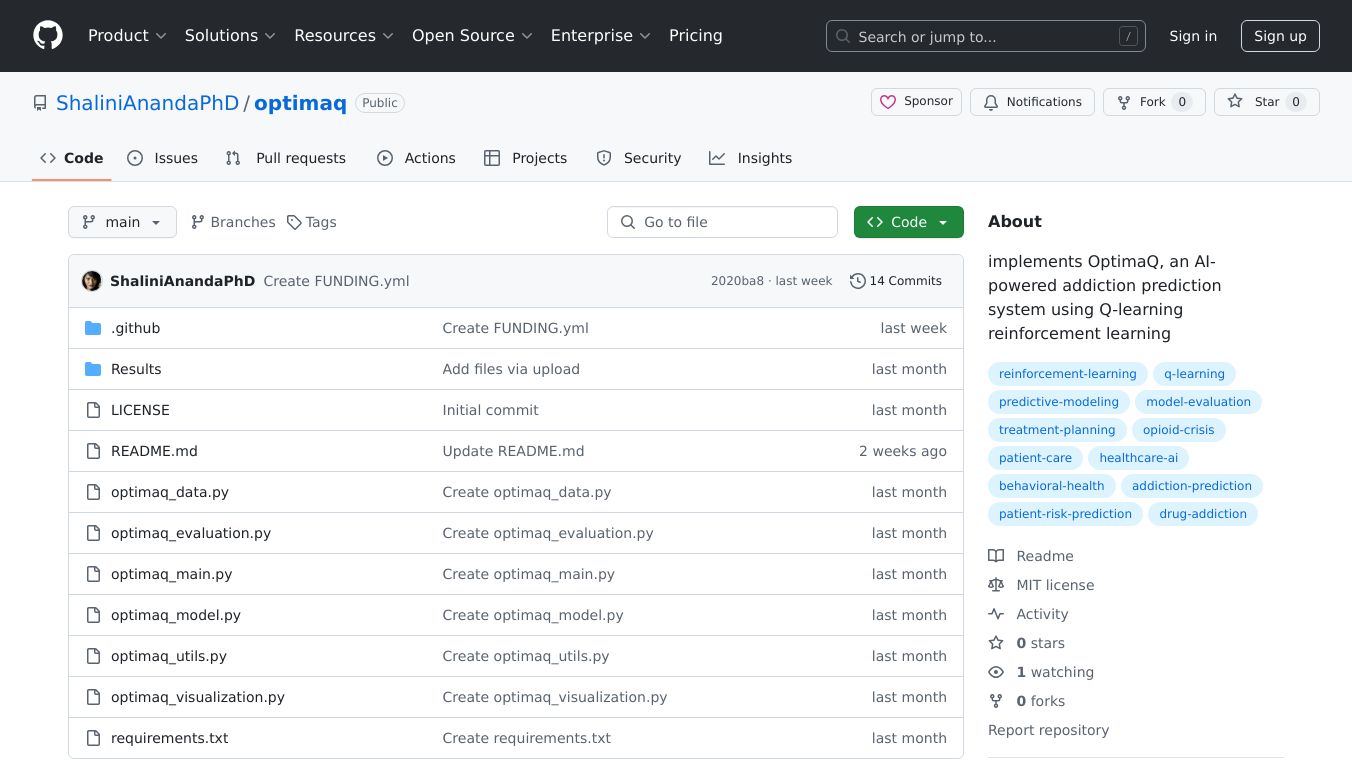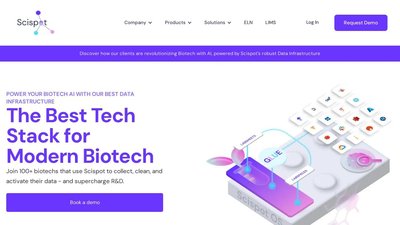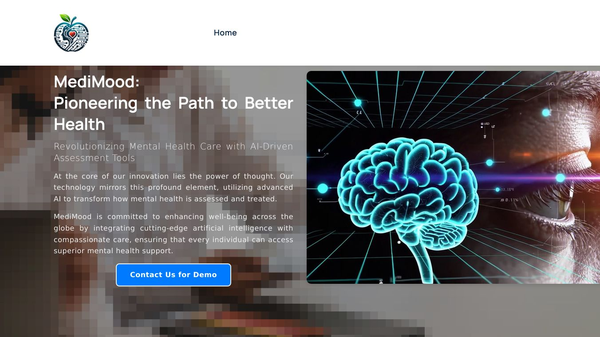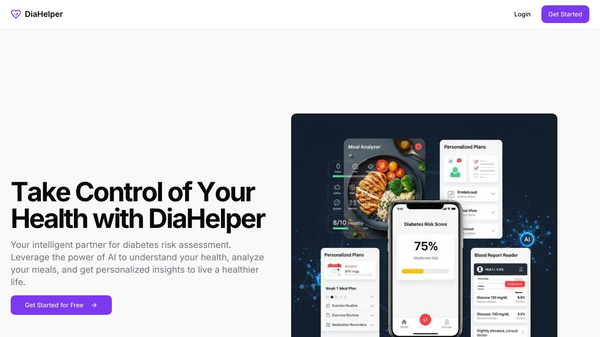OptimaQ

OptimaQ is a smart system that helps predict opioid addiction patterns and suggests treatment plans. It uses something called Q learning.
Benefits
OptimaQ has several big advantages. It sorts patients into four main groups: healthy, continuous use, relapsing, and recovering. This helps in understanding and managing addiction better. The system looks at patient prescriptions, claims data, and medical history to figure out addiction decisions. This helps it guess if a person might relapse or recover, which is important for planning help.
Use Cases
Healthcare providers can use OptimaQ to watch and manage opioid addiction in patients. By looking at patient data, the system can guess addiction risks and suggest the best treatment paths. This makes it a great tool for doctors and clinicians who need to change prescriptions and watch for relapse risks. The system also shows results with pictures like confusion matrices, ROC curves, and reward function graphs to help understand the guesses better.
Vibes
OptimaQ is liked for its new way of dealing with opioid addiction. Users appreciate that it gives clinical insights and treatment simulations, which show how help might change patient states. The system''s use of reinforcement learning and detailed checks has also been praised for its accuracy and effectiveness.
Additional Information
OptimaQ is an open source project you can find on GitHub. It needs Python 3.8 or newer and some other tools like numpy, pandas, and scikit learn. The project has a MIT License, so users can freely use, change, and share the software.





Comments
Please log in to post a comment.